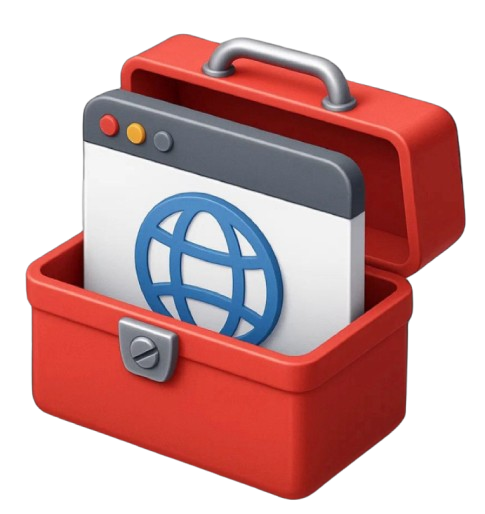Anchor MCP Server (Open Source)

Looking for our hosted MCP service? Check out MCP - Hosted Version for zero-setup integration.
When to Use Open Source MCP
Choose the open source version when you need:- Custom tool modifications - Modify browser automation tools for specific use cases
- Advanced configuration - Fine-tune browser settings and behaviors
- Local development - Test MCP integrations during development
- Compliance requirements - Run MCP server within your infrastructure
- Integration with existing systems - Connect MCP to your internal tools and workflows
Key Features
- Remote Browser Execution: Uses Anchor Browser’s cloud infrastructure instead of local browsers
- Built-in Proxies: Automatic proxy rotation and geo-targeting
- Stealth & Anti-Detection: Advanced browser fingerprinting and anti-bot detection
- Fast and lightweight: Uses Playwright’s accessibility tree, not pixel-based input
- LLM-friendly: No vision models needed, operates purely on structured data
- Deterministic tool application: Avoids ambiguity common with screenshot-based approaches
- Customizable: Modify and extend tools for your specific needs
Requirements
- Node.js 18 or newer
- Anchor Browser API Key (Get one here)
- VS Code, Cursor, Windsurf, Claude Desktop, Goose or any other MCP client
Getting Started
1. Clone and Build
Since this is a custom Anchor MCP server, you need to build it locally:2. Get Your Anchor API Key
- Sign up at anchorbrowser.io
- Get your API key from the dashboard
- Copy your API key (starts with
sk-)
3. Configure MCP Client
Cursor
Add to your~/.cursor/mcp.json:
VS Code
Add to your MCP configuration:Claude Desktop
Add to yourclaude_desktop_config.json:
4. Restart Your MCP Client
After updating the configuration, restart your MCP client (Cursor, VS Code, etc.) to load the new server.Configuration Options
The Anchor MCP server supports essential configuration options:Available Options:
--host <host>- Host to bind server to (default: localhost, use 0.0.0.0 for all interfaces)--port <port>- Port to listen on for HTTP transport (Docker/server mode)
Example with Options:
How It Works
- Browser Session Creation: When you use browser tools, the MCP server calls Anchor’s API to create a remote browser session
- Remote Connection: Connects to the remote browser via WebSocket using Chrome DevTools Protocol (CDP)
- Tool Execution: All browser automation happens in Anchor’s cloud infrastructure
- Proxy & Stealth: Automatic proxy rotation and advanced anti-detection features
- Session Management: Each session is isolated and can be viewed live via Anchor’s dashboard
Production & CI/CD Usage
Self-Hosted in Production
The open source MCP server can be deployed in production environments:- Docker Containers - Run in containerized environments
- CI/CD Pipelines - Integrate with Jenkins, GitHub Actions, GitLab CI
- Serverless Functions - Deploy as microservices or serverless functions
- Kubernetes - Scale horizontally in Kubernetes clusters
CI/CD Integration Example
Benefits Over Local Browsers
🌐 Global Proxy Network
- Automatic proxy rotation
- Geo-targeting for different regions
- No proxy configuration needed
🛡️ Advanced Stealth
- Browser fingerprinting protection
- Anti-bot detection bypass
- Real browser environments
☁️ Cloud Infrastructure
- No local browser dependencies
- Consistent browser versions
- Scalable execution
📊 Monitoring & Debugging
- Live view of browser sessions
- Session recordings and traces
- Network request logging

